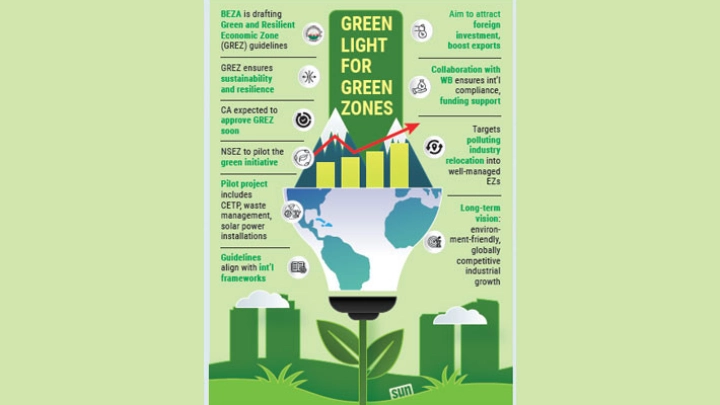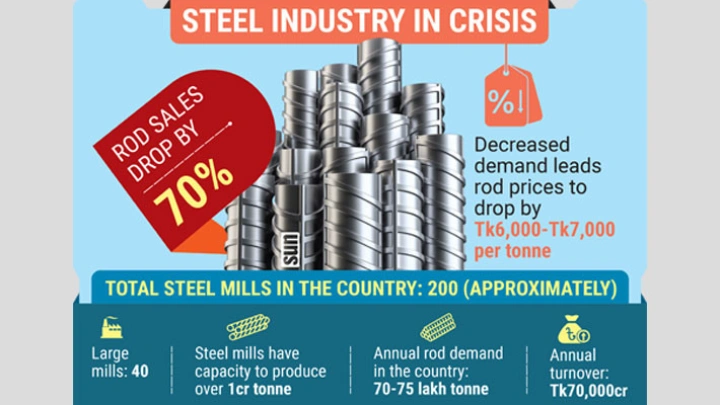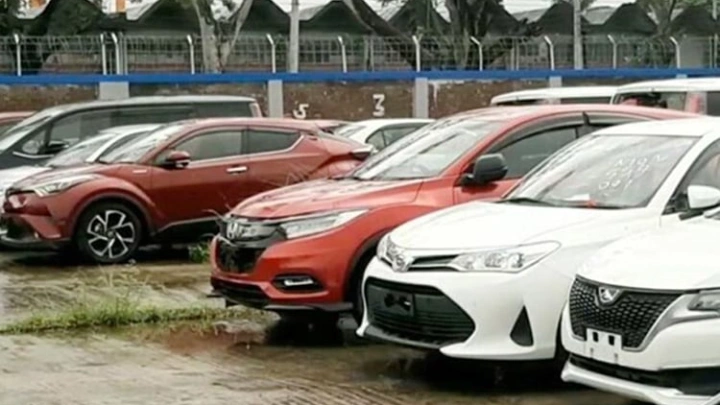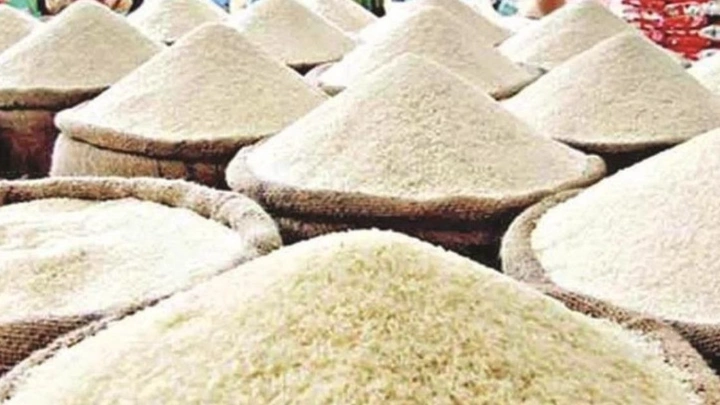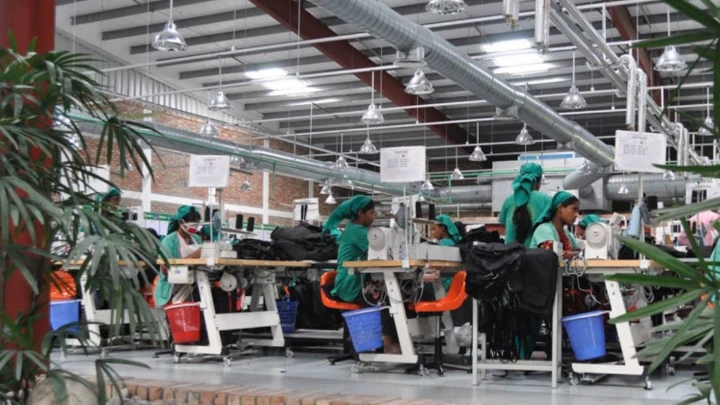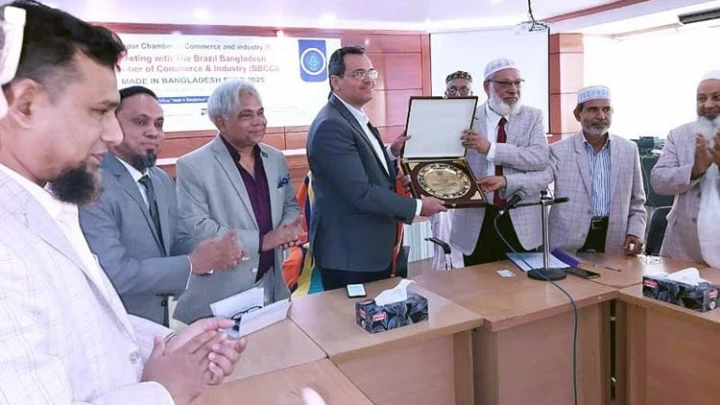Govt now aims for green EZs to woo investors
DailySun || Shining BD
The government has initiated plans to develop environmentally friendly green economic zones, particularly the National Special Economic Zone (NSEZ), to attract both foreign and local investors and to compete effectively on the global stage.
To this end, the Bangladesh Economic Zone Authority (BEZA) is currently drafting a guideline titled “Green and Resilient Economic Zone (GREZ) Guideline”, which will soon be submitted for approval by the Chief Adviser Prof Muhammad Yunus, a senior BEZA official informed the Daily Sun.
“Once the guidelines receive approval, BEZA will begin pilot implementations in economic zones,” the official added.
“Three key measures will be implemented under the GREZ guidelines: the installation of a Central Effluent Treatment Plant (CETP), a solid waste management system, and a solar power plant. These will initially be piloted at the NSEZ,” the official elaborated.
Instead of constructing multiple zones simultaneously, BEZA plans to focus on creating one exemplary zone that will serve as a benchmark for future developments. The zone will provide comprehensive amenities and utilities while adhering to stringent environmental standards, officials explained. The initiative aims to improve the environmental sustainability of production processes.
At the sixth meeting of the National Steering Board, formed under the Bangladesh Water Multi-stakeholder Partnership at the Office of the chief adviser, a technical committee comprising government and private representatives approved the GREZ guidelines for BEZA. It was decided to pilot the guidelines in selected economic zones, pending final approval.
According to BEZA officials, these guidelines will play a vital role in ensuring environmental and social compliance in economic zones.
The GREZ guidelines draw upon the Eco Industrial Park (EIP) Framework developed by UNIDO, the World Bank, and GIZ to meet global environmental and social obligations for economic zones.
Performance indicators included in the GREZ guidelines have been adapted from the EIP Framework, BEZA officials noted. Additionally, existing Bangladeshi laws and regulations have been integrated into the guidelines to ensure compatibility.
If approved, economic zones adhering to the GREZ guidelines will be listed in the EIP Database, providing global investors with critical information about these zones.
This is expected to enhance the international competitiveness of the economic zones and attract high-quality foreign investment.
Abdullah Al Mahmud Faruk, project director of the National Special Economic Zone (NSEZ), told the Daily Sun, “The draft guidelines have been sent to the Chief Adviser’s Office. We hope to finalise them within a day or two. Operations are expected to commence within the next two to three months.”
He further stated, “We will install a Central Effluent Treatment Plant (CETP), a solid waste management system, and a solar power plant at the NSEZ within the next two to three months. Following approval of the guidelines, BEZA will issue tenders to appoint PPP developers, as the feasibility study is nearing completion.”
“Under the guidelines, industries within the economic zones will adhere to global standards. We plan to establish green economic zones with support from the World Bank,” he added.
Objectives of the GREZ guidelines
The GREZ guidelines aim to set new national performance standards for economic zones (EZs) in Bangladesh, enhancing their sustainability, resilience, and competitiveness. They are designed to complement and strengthen existing constitutional, regulatory, and industrial policies, tools, and standards already in place.
Background
Global interest in enhancing the sustainability and resilience of economic zones and businesses by addressing economic, social, and environmental standards has grown significantly in recent years. BEZA encourages businesses to phase out polluting industries and relocate unplanned industrial activities to economic zones. Necessary measures will be implemented to uphold social and economic commitments, protect workers’ rights, ensure their welfare, and foster harmonious relationships between employers and employees.
The guidelines aim to eliminate significant environmental externalities such as air emissions, water pollution, land contamination, and resource over-exploitation. Proper management of economic zones is essential to mitigate potential negative impacts on the workforce and surrounding communities. From the outset, economic zones should be sustainably planned and managed.
Target beneficiaries
The primary beneficiaries of the GREZ guidelines are the Bangladesh Economic Zones and their stakeholders, including the BEZA, Economic Zone Management Units (EMU), public and private developers, operators, and investors. The guidelines also address the needs of EZ planners, developers, decision-makers, regulators, financial bodies, funding agencies, and international development partners.
NSEZ
BEZA has developed a planned industrial city spanning 33,805 acres across Mirsarai and Feni EZs. This initiative aims to create 1.5 million jobs over the next 15 years and generate $15 billion in export revenues from the industrial enclave.
Currently, there are 450 environmentally rated economic zones worldwide. Attaining an environmental rating for Bangladeshi economic zones is expected to positively impact global exports and unlock new investment opportunities for the country.
Shining BD

